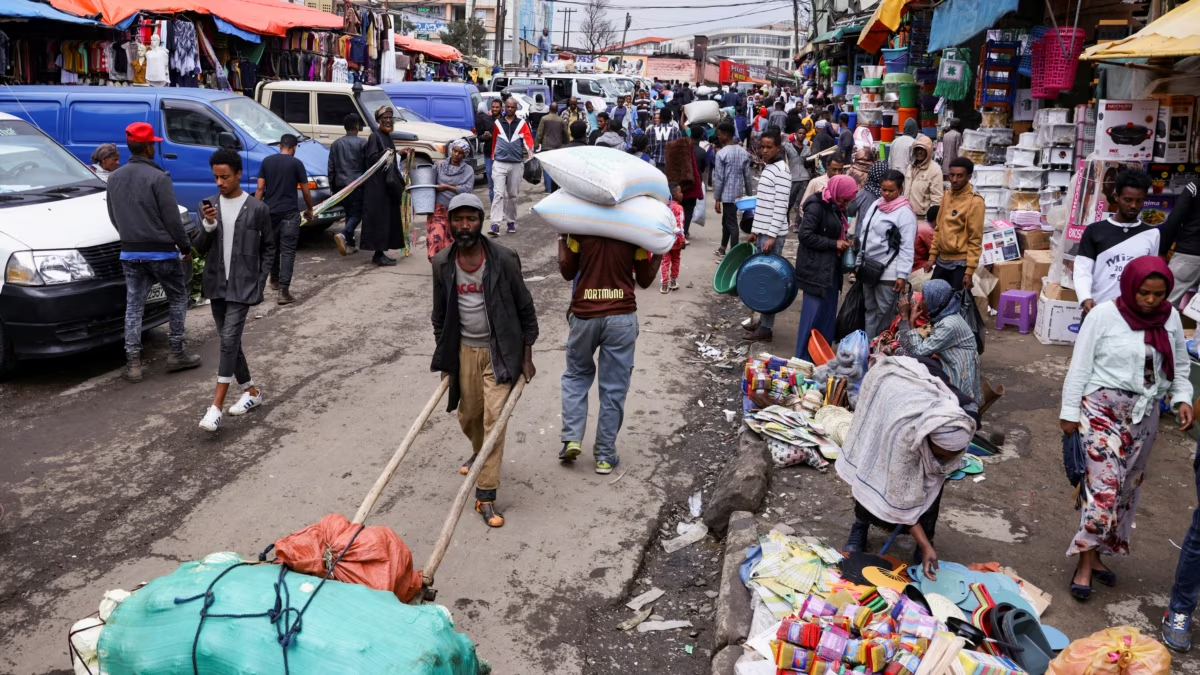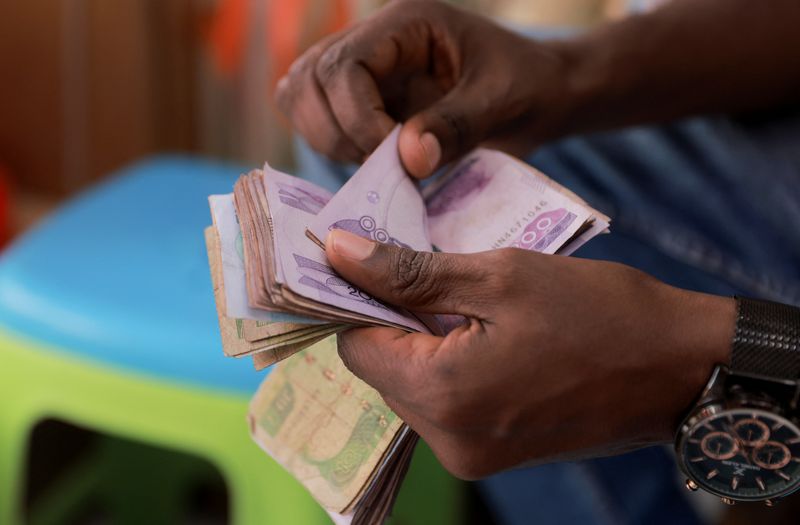The International Monetary Fund (IMF) has approved a significant $3.4 billion (£2.6 billion) bailout for Ethiopia, marking a crucial step in the country’s economic reform journey. This development comes as Ethiopia implements major changes to its currency policy, resulting in a substantial devaluation of the birr.

IMF Managing Director Kristalina Georgieva described the agreement as “a landmark moment for Ethiopia,” highlighting it as “a testament to Ethiopia’s strong commitment to transformative reform.” The bailout is structured to support Ethiopia’s economic reforms over the next four years, with an immediate release of about $1 billion to address balance of payments needs and provide budgetary support.
Concurrent with the IMF’s announcement, Ethiopia has taken the bold step of floating its currency, a move long considered crucial for securing international loans. The Commercial Bank of Ethiopia, one of the country’s largest banks, reported that the value of the birr has fallen by 30% against the US dollar following the relaxation of currency restrictions.
This significant devaluation is part of Ethiopia’s efforts to address chronic foreign currency shortages, a problem exacerbated by the brutal two-year civil war in Tigray that ended in 2022, as well as ongoing conflicts in other regions. These factors have contributed to high inflation and made it challenging for the country to attract much-needed foreign investment.

The central bank of Ethiopia, in a statement by its head Mamo Mehretu, announced the immediate introduction of a competitive, market-based foreign exchange regime. This marks a major policy shift not seen in half a century, allowing commercial banks to buy and sell foreign currencies at negotiated prices.
While the currency devaluation is expected to help Ethiopia secure a larger loan package of $10.7 billion (£8.3 billion) from the IMF and World Bank, it has raised concerns among Ethiopians about potential increases in the cost of living. To mitigate these effects, the government has pledged to provide subsidies on essential goods such as petrol and additional support for low-income workers.
The IMF-supported economic program aims to stimulate private-sector led growth in Ethiopia, Africa’s second most populous country. The Fund emphasized that this should allow for increased spending on health, education, investment, and social safety nets. Furthermore, the program is expected to catalyze additional external financing from development partners and provide a framework for the successful completion of ongoing debt restructuring efforts.
Ethiopia has been seeking over $10 billion in support from international financial institutions and is in talks with international creditors to restructure its external debt of around $28 billion. In December, Ethiopia became the third African country in three years to default on its sovereign bond, underscoring the urgency of these economic reforms.
As Ethiopia navigates these significant economic changes, the international community watches closely. The success of these reforms could set a precedent for other developing nations facing similar economic challenges, particularly in managing currency valuations and securing international financial support.



